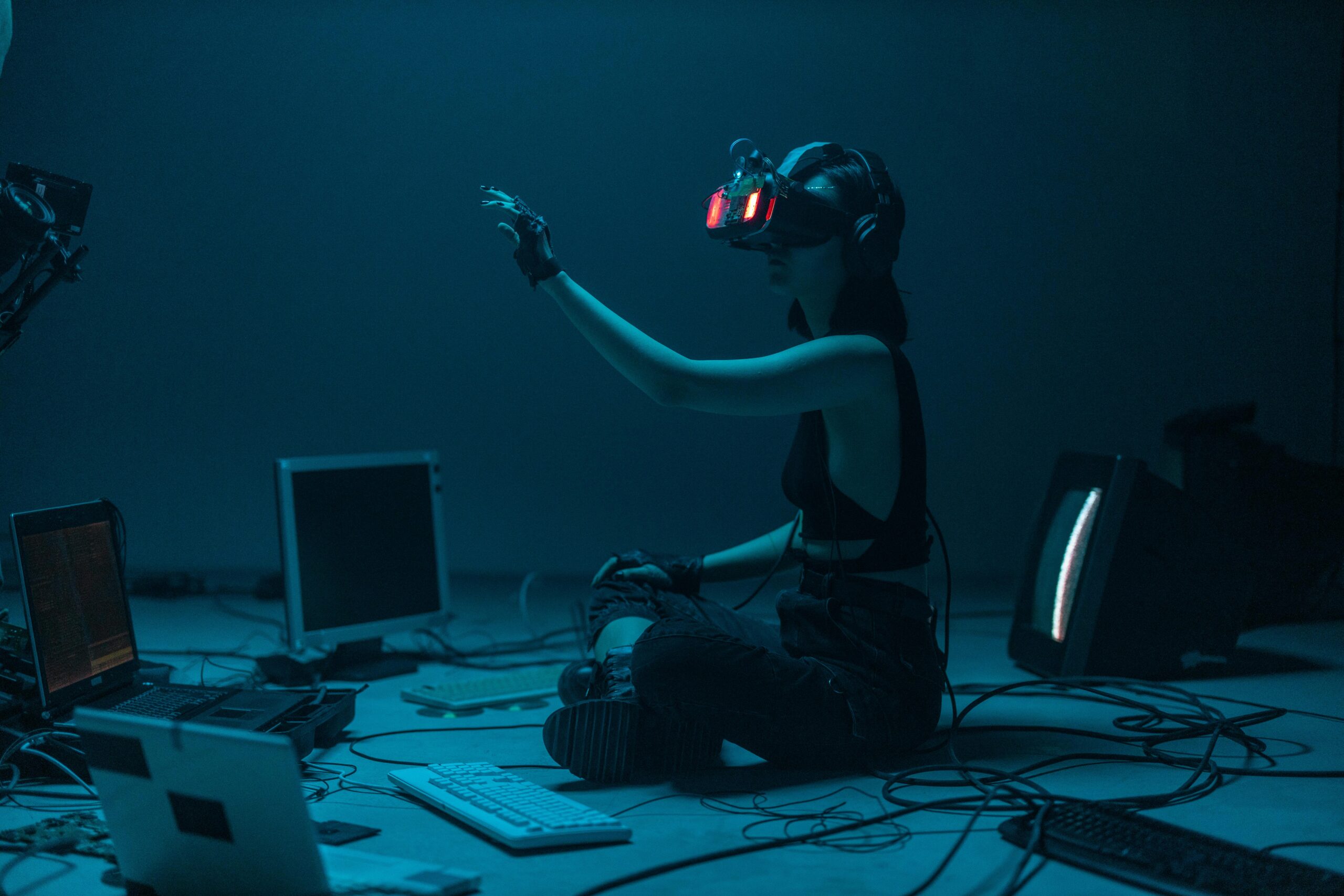The concept of the metaverse, a persistent virtual world where users can interact, socialize, and participate in a digital economy, has captured the imagination of tech giants and science fiction enthusiasts alike. Fueled by advancements in virtual reality (VR), augmented reality (AR), and blockchain technology, the metaverse promises a new frontier for entertainment, work, and social interaction. This article explores the potential benefits and drawbacks of the metaverse, examining its impact on various aspects of our lives and raising questions about its ethical implications and accessibility.
A World of Possibilities: Entertainment, Education, and Work in the Metaverse
The metaverse has the potential to revolutionize the way we experience entertainment. Imagine attending concerts or sporting events in a virtual stadium alongside friends from around the world, all from the comfort of your living room. Museums and historical sites could offer immersive virtual tours, allowing users to explore exhibits and artifacts in a way that physical limitations might otherwise hinder. The metaverse can also transform education, creating interactive virtual classrooms where students can participate in simulations, collaborate on projects in real-time, and learn from experts across the globe. In the workplace, virtual meetings and conferences in the metaverse could foster a more collaborative environment, regardless of physical location. Employees could work on projects in shared virtual spaces, utilizing 3D models and real-time communication tools.
Economic Opportunities and Virtual Ownership: Building a Digital Economy
The metaverse paves the way for a robust digital economy. Users could own virtual assets like clothing for their avatars, digital artwork, or even virtual land. Blockchain technology could facilitate secure ownership and seamless transactions within the metaverse. Businesses could create virtual storefronts, offering digital goods and services. The metaverse presents a plethora of economic opportunities, potentially fostering new forms of entrepreneurship and creative expression. However, concerns regarding income disparity and digital access need to be addressed to ensure the metaverse doesn’t exacerbate existing inequalities in the real world.
Social Connection and Identity in a Virtual World: Blurring the Lines
The metaverse has the potential to foster new forms of social connection. People from geographically disparate locations could build friendships and communities within the virtual world. The metaverse could also provide a platform for self-expression, allowing users to create unique avatars that represent their digital identities. However, questions arise regarding the impact of the metaverse on real-world social interaction. Excessive reliance on virtual connections could lead to social isolation and a decline in face-to-face interactions. Understanding the psychological impact of spending a significant amount of time in the metaverse is crucial. Furthermore, issues of online harassment and cyberbullying need to be considered when creating a safe and inclusive virtual environment.
Privacy Concerns and Security Risks: Protecting Your Digital Self
As the metaverse becomes more sophisticated, concerns about data privacy and security will become paramount. User data collected within the metaverse could be vast, encompassing biometric information, avatar movements, and virtual purchases. Robust security measures are essential to prevent data breaches and protect users from malicious actors. Regulations around data ownership and usage within the metaverse need to be established to ensure user privacy is not compromised. Additionally, issues of addiction and the potential for manipulation within the virtual world need to be addressed.
The Road Ahead: Building a Responsible and Equitable Metaverse
The metaverse represents a significant leap forward in human-computer interaction, offering exciting possibilities for entertainment, education, and the creation of new economic opportunities. However, its development requires careful consideration of its ethical and social implications. Prioritizing data privacy, ensuring security, and fostering responsible user behavior are crucial. Furthermore, accessibility needs to be a central concern. Not everyone has access to high-speed internet or VR equipment, and the metaverse shouldn’t exacerbate the digital divide. Collaboration among tech companies, policymakers, and the public is essential to create a metaverse that is inclusive, equitable, and promotes positive social interaction.
